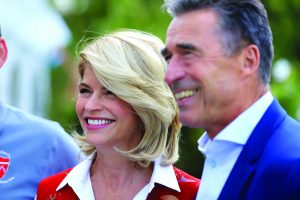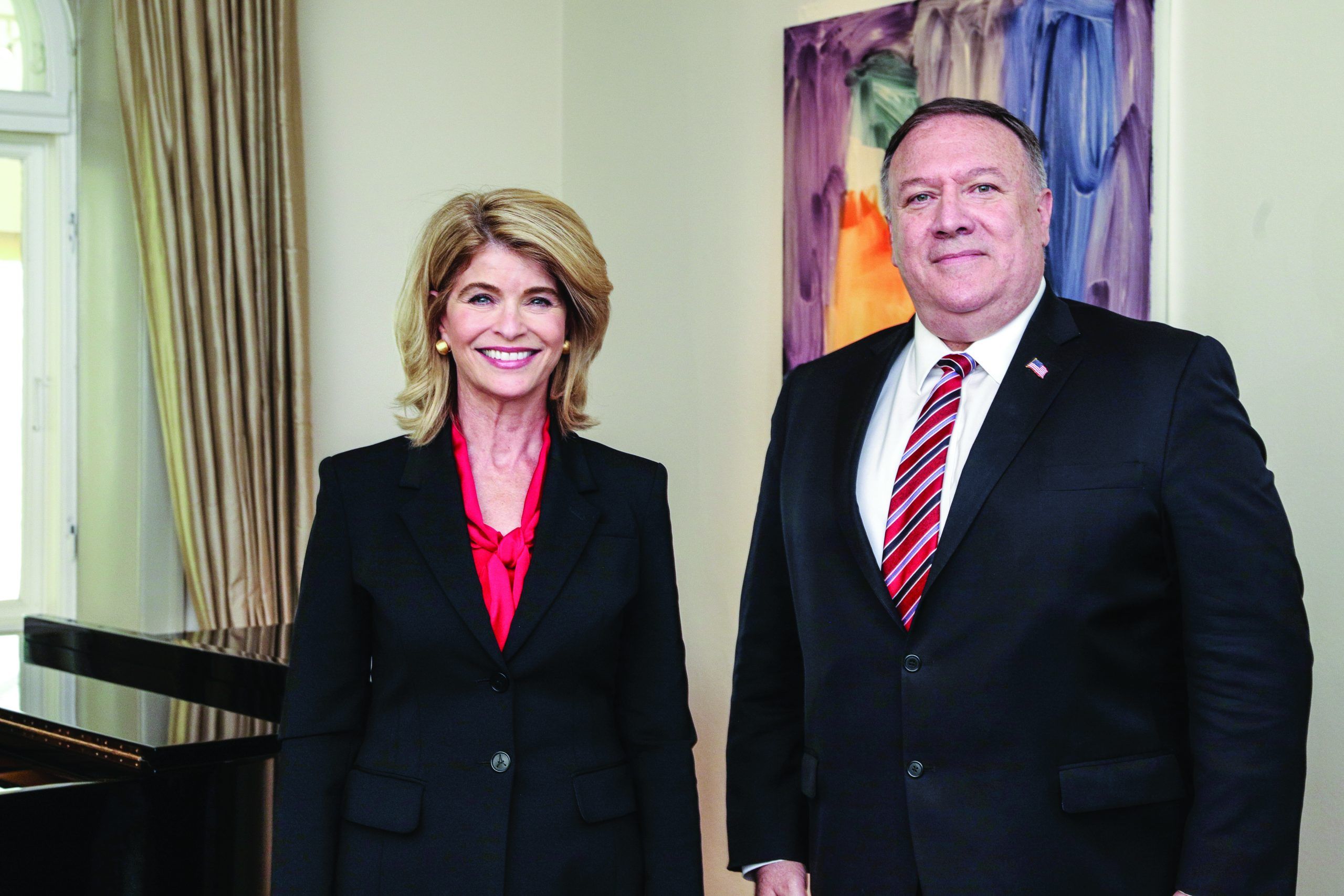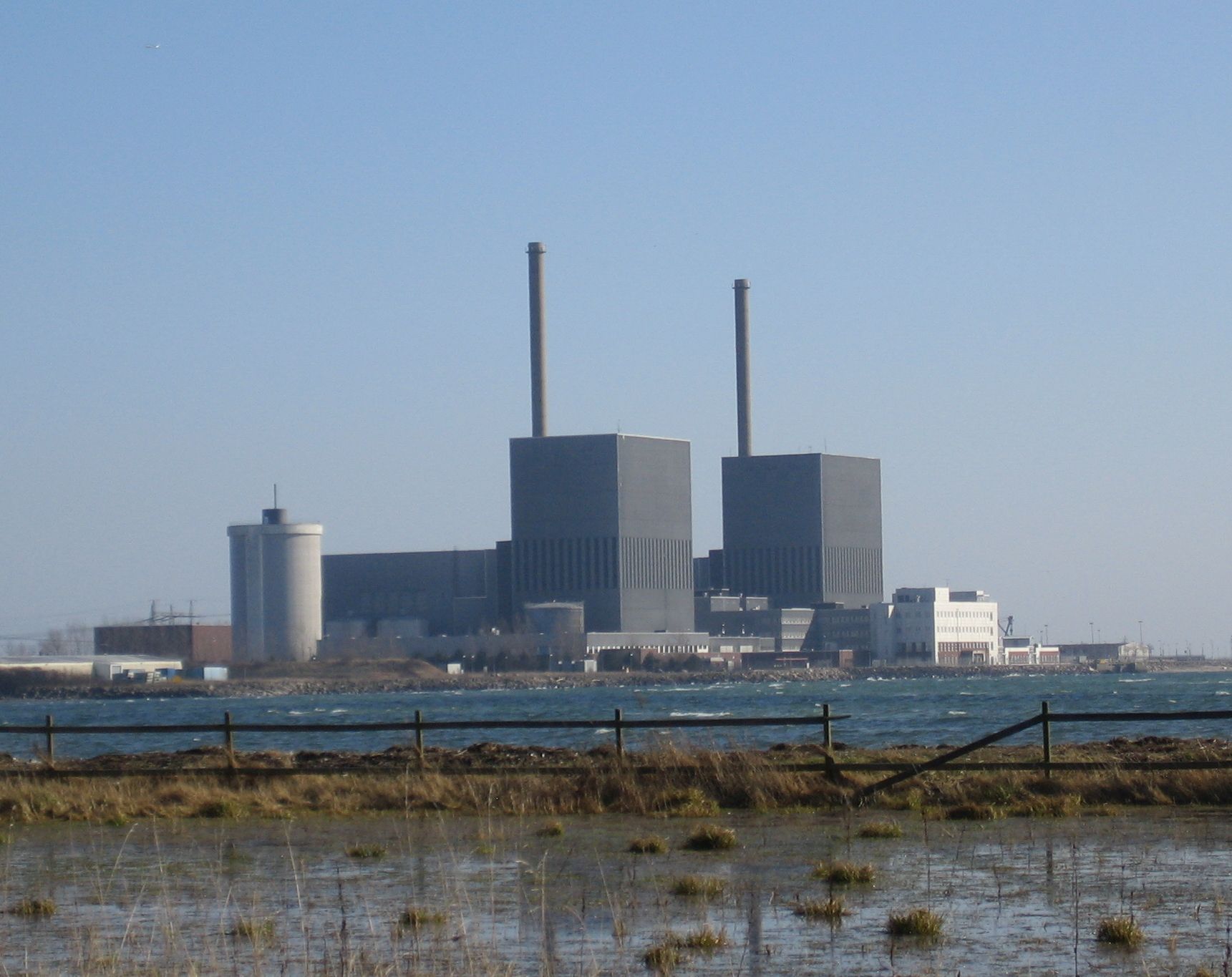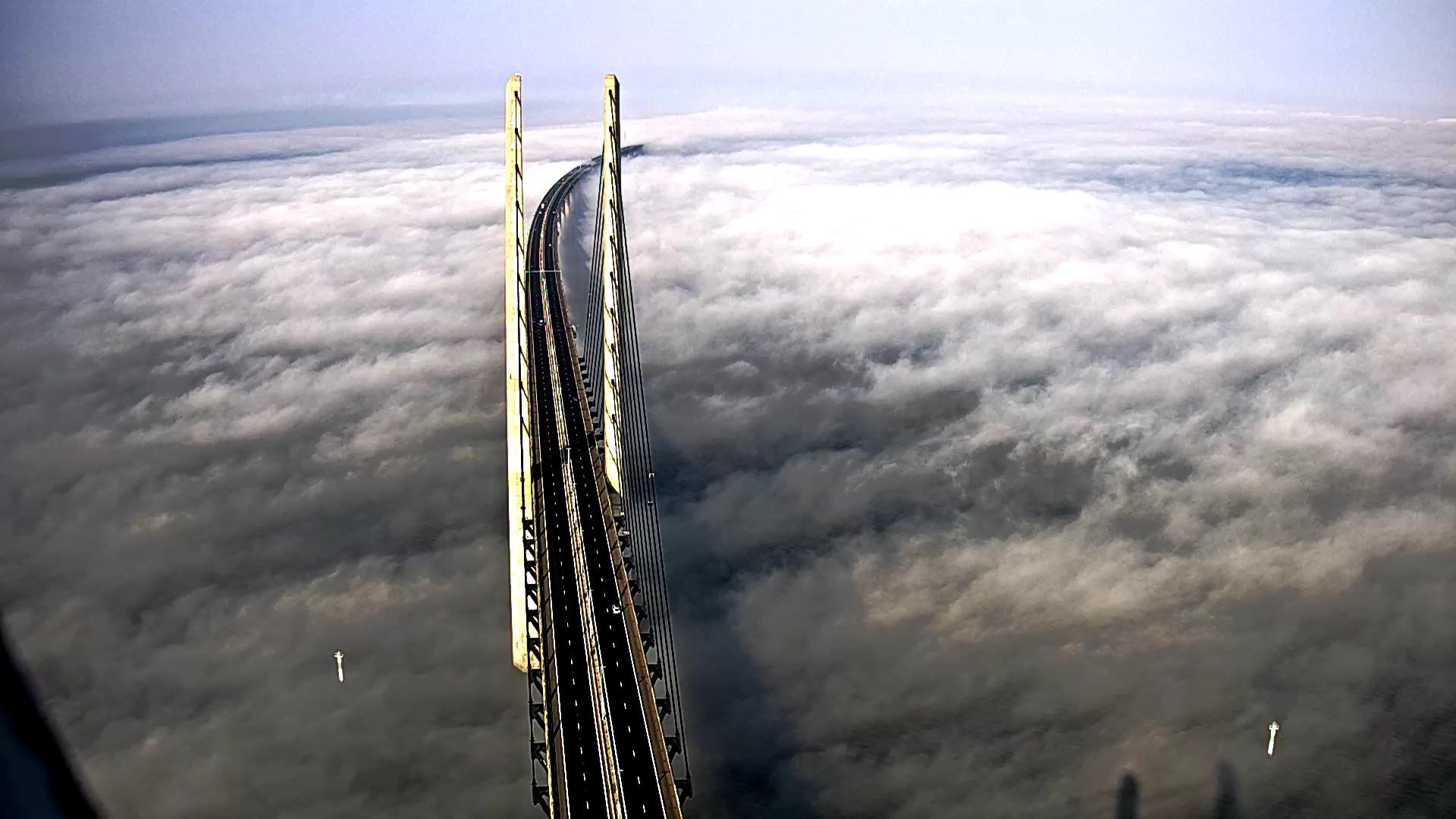Following on the heels of one of Denmark’s most popular ever ambassadors, Carla Sands had quite a job on her hands when she took over the Rydhave residence from Rufus Gifford in 2017.
But unlike her predecessor, the former actress already had vast experience of appearing on camera, and she has used this to great effect during her three years to date – most notably during the Coronavirus Crisis, when the duties of an ambassador have become more digital than ever.
Greenland and NATO
She has also drawn on her experience as a CEO and political adviser to lend great business acumen to a variety of issues, and she is no stranger to speaking her mind on geo-political matters close to the USA’s heart, such as the future of Greenland and Danish contributions to NATO.
A victory for the Democrats in November could spell the end of her time as ambassador, prompting Diplomacy Magazine to catch up with the diplomat for some reflection on her time in charge.
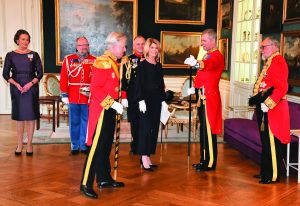
You’ve been in Denmark for almost three years. What’s your impression of Denmark and the Danes?
I love being in Denmark and it’s the honour and privilege of my life to represent all of the American people and our president to the people of the Kingdom of Denmark – the people here in Denmark, in the Faroe Islands and of course in Greenland.
Denmark and the US have been closely allied since the Second World War. How do you see that relationship developing?
I feel so lucky to be the US Ambassador to a kingdom where we’ve had unbroken diplomatic relations for over 200 years. And you are right, our co-operation has been so powerful and positive since World War II – as NATO nations working shoulder to shoulder together in some of the worst places in the world to defend democracy and human rights around the world. It’s a great alliance and friendship.
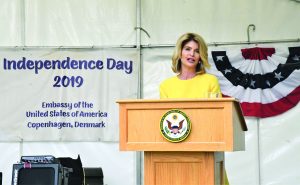
What is the US Embassy doing to help US citizens based in Denmark engage with the upcoming election?
We do so much concerning this because the United States is proud of its history of free and fair elections and our open and transparent party system. We do backgrounders with journalists, and we talk to student and business groups about our elections. Here at the embassy in Denmark we register American citizens to vote – for both the Democrat and Republican parties.
Supposing the Democrats win the election, is there a time limit on being an ambassador? Or will you be around for more years in the post?
That’s a great question. If we have a President Biden in November then every political ambassador, I suspect, will be welcome to leave their post in January! By the time of the swearing in, the political or non-career ambassadors would be invited to return to the United States, so we are all prepared for this. In fact, every ambassador has to submit a resignation letter to the president so that he has the right to end our period as ambassador or to extend it. Every US ambassador in the world serves at the pleasure of the American president.

It’s fair to say that President Trump is unlike any American president we’ve ever seen before. A lot of Europeans find his style mystifying at times. Is there something here that we’ve misunderstood?
Well, I think it’s very positive to look at the results achieved by a unique president like President Trump. He’s a president who thinks in big ideas and he knows our relationships are important, but fairness and reciprocity in our relationships is also very important.
For instance, how he’s dealt with NATO. We now have 400 billion more dollars coming to our collective defence because of him reminding our NATO allies that when Obama was president they all committed to contributing more.
Even though he has removed us from some agreements, we’ve carried on and even exceeded some – for instance, the Paris Climate Accord. The United States is a world leader in reducing carbon emissions while increasing our economic growth. So unlike some other countries, we’ve decoupled carbon emissions from economic growth. We are leading in innovative technologies to power our factories and our homes through every kind of energy – from green energy like wind and solar to hydropower – and we are now also the world’s largest exporter of fuels. So we are finding new ways to refine fuels that are more clean and green, such as through carbon capture. There are all kinds of progress in the area of powering our economy while reducing our emissions.
The president sees the world as it is – not as he wishes it would be. And he gets the United States into a better situation than what we were previously in.
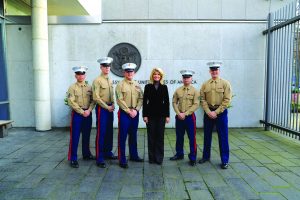
The current ‘Make America Great’ policy has also caused some concern … do you think that the US is becoming more inwardly focused?
Well, I see an actual balance of outward focus with results orientation. Einstein, I think, said the definition of insanity is doing the same thing over and over and expecting a different result. You can see this in the president’s triumphant successes with the new diplomatic breakthroughs with Israel and the UAE and Bahrain. This is the first time in decades, almost in my lifetime, that we have had further breakthroughs regarding peace in the Middle East.
But I will also say of this president that when he says “America First”, I hope the prime minister of Denmark wakes up every morning and thinks: “How can I help Denmark be a better Denmark and a greater Denmark?” That’s what every world leader should be thinking on behalf of their country.
That’s certainly a fair point. I was going to ask you about what steps you’re taking to combat climate change and global warming, but I think you’ve rather answered that in a previous question …
We are working hard at it, just like Denmark is, and making inroads. There is cleaner air in so many cities in America, except for these terrible wildfires that have set us back temporarily. When I first moved to Los Angeles, if I drove for 30 minutes in my car I felt like I had the flu – I felt sick just from the emissions. They were so powerful and dangerous. Flash forward: before I moved to Denmark the sky was no longer a yellow or brown haze, it was blue and clear and I felt great with the air quality. And that’s the progress that prosperous countries should and can make to reduce emissions and pollution while they grow.
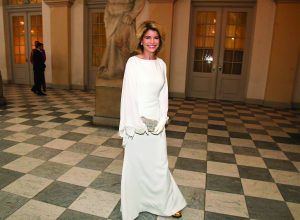
Denmark has a lot of experience in the field of combating climate change and green energy? Do you see Danish and American firms co-operating and taking advantage of this knowledge?
I do. I see Denmark as a very innovative country, and there are companies that do very well in the United States in working towards green energy and clean sustainable energy – for instance Vestas and Ørsted, just to name two. There are many, many companies in the US that co-operate with Denmark; there is so much co-operation, and I’m so proud that our two countries are making progress in this area.
We’re not reducing people’s quality of life, we’re making progress, and the United States is one of the leading countries in the world in this.
Because of global warming, the Arctic has become much more important strategically and commercially. How do you see the US co-operating with other partners in this area?
I am so proud of the work of the great Foreign Service officers at my embassy and of course our new consul in Greenland, Sung Choi. We have reopened our consulate in Greenland for the first time since 1953, so 67 years ago we had a consulate and today we have one again.
Greenland is our geographic neighbour – it’s geographically part of North America while it’s part of the Kingdom of Denmark. So it is wonderful to partner with our great ally over Greenland and also to see more co-operation with the Faroe Islands as well. I’m very proud of this effort since our team at the embassy is not just the embassy to Copenhagen, they’re the US Embassy to the Kingdom of Denmark.

Diplomacy has traditionally worked on a very face-to-face and personal level. How do you see this developing in a post-corona world?
That’s a really good question. I think in many ways we are lucky to be working in a country like Denmark that is very digital. We can do our banking virtually, because that’s how we do it in Denmark. And we’ve been able to transition to doing a lot of what we were doing face-to-face to doing it virtually. In an advanced country like Denmark it is possible to continue almost as successfully as before the pandemic.
I think one thing that we do miss a lot is the person-to-person physical contact, meaning sitting around a table or at a reception and being able to talk to people face-to-face. I’m really looking forward to that returning to normal.
Do you see this happening anytime soon?
Well, once there’s a vaccine for this pandemic that will certainly make thingsreturn to normal. I’ve also heard that perhaps a herd immunity of about 20 percent of the population having had the virus and gotten well may protect the greater group. So I’m not really sure, but I do see that we’re learning to live and function as close to normal as possible in the midst of a global pandemic.

You had a rather varied career before becoming an ambassador: as a CEO and also as an actress. Has this been a help or a hindrance when it comes to being an ambassador?
That’s a great question! When I went through ambassador training in Washington DC they told us we would actually need all of our life experiences to be a successful ambassador, because they said you’ll experience things you don’t expect. And you’re going to need to pool all of your resources – it will take everything you have.
And they were right. Who knew we were going to have a global pandemic? Who knew we would have to be on virtual platforms? – all these things, these surprises. And the nimbleness of the team at the US Embassy here in Copenhagen has also been very impressive. But you’re right, I have had to use all of the experiences I’ve had in my life to be a successful ambassador – the good ones and especially the bad ones.
Do you harbour any political ambitions yourself or have you other career plans should you be forced to give up being ambassador?
I love my job so much it’s hard for me to give any bandwidth to the follow-on work that I might do. So it’s really to be determined. It’s an interesting time. And certainly at some point I’m going to have to devote a little bit of time to think about this.
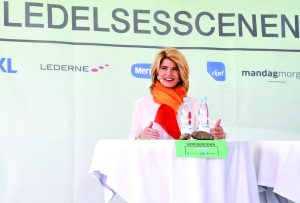
You’re too busy at the moment I guess with all the things going on. But when you actually do have some free time, what do you do for relaxation?
Well, I love to read. I love to exercise. And I love to take walks with the beautiful views near the residence just north of Copenhagen.
I also love to look at art and listen to beautiful music. And then do the other things that many women like to do. You know, if I really have time to cook or shop or even paint.
Well, that sounds pretty ideal, really. It has been very kind of you to give me your time.
It’s a pleasure to talk to you, Stephen. I really do look at the Copenhagen Post every time it comes out. I enjoy it, and many at my embassy also enjoy reading it.
It’s very kind of you to say so.
